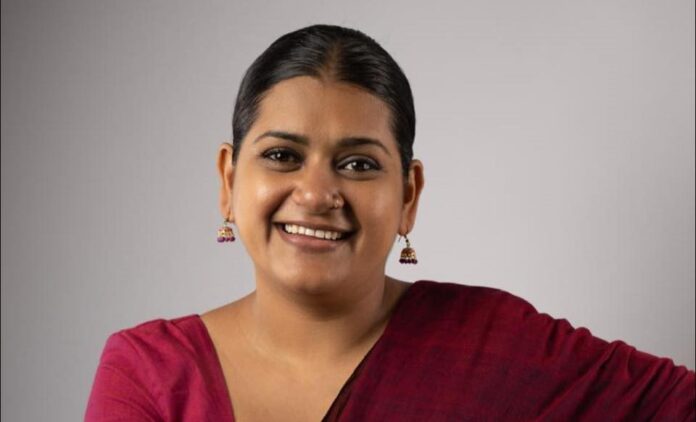June 16, Colombo (LNW): In a closely watched and hotly contested process, Vraie Cally Balthazaar of the National People’s Power (NPP) has been elected as the new Mayor of Colombo, following a decisive but tension-filled vote held during the inaugural session of the newly elected Colombo Municipal Council.
The council met this (16) morning for its first official sitting since the recent local government election held on May 06. The session, presided over by Sarangika Jayasundara, Commissioner of the Western Province’s Department of Local Government, marked the beginning of a new chapter in the governance of Sri Lanka’s capital.
Amid an atmosphere of uncertainty, two primary candidates were nominated for the mayoral position—Balthazaar representing the NPP, and Riza Zarook backed by the Samagi Jana Balawegaya (SJB). The initial disagreement over the voting method—whether the Mayor should be elected through a show of hands or a secret ballot—led to a spirited and occasionally fractious debate.
The SJB and the United National Party (UNP) lobbied for an open vote, whilst the NPP stood firmly in favour of preserving secrecy, citing the need for a free and fair selection process. Ultimately, consensus was reached, and the council proceeded with a secret ballot.
In the end, Balthazaar secured 61 votes, narrowly surpassing Zarook, who garnered 54. The result reflected not just party loyalties, but also the intense lobbying that took place in the lead-up to the vote, as no single party managed to gain a clear majority in the council.
The composition of the council reflects a deeply fragmented political landscape. The NPP holds 48 seats, followed by the SJB with 29. The UNP, once a dominant force in Colombo, secured 13 seats, whilst the Sri Lanka Podujana Peramuna (SLPP) gained 5.
A range of smaller parties and independent groups—including the Sri Lanka Muslim Congress, Sarvajana Balaya, and the United Peace Alliance—hold the remainder, with several factions earning between one and four seats each.
With 117 seats in total, a simple majority of 59 is required to control the council, making alliances and cross-party negotiations essential for governance. In recent weeks, both the NPP and SJB claimed to have built coalitions capable of capturing the mayoralty, but the final tally revealed the NPP’s success in stitching together enough support across a broad political spectrum.

